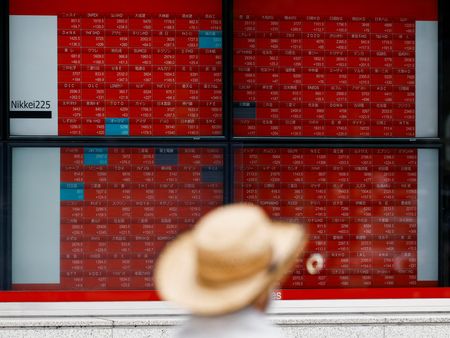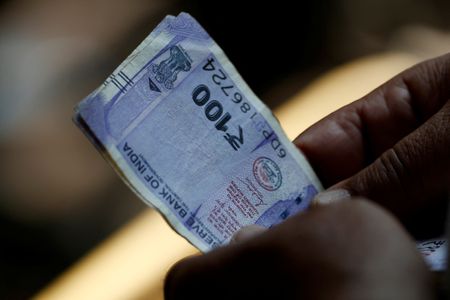By Nandan Mandayam
(Reuters) -India’s CEAT expects to see demand for its tyres for tractors and entry-level motorcycles to jump the most among its segments, following a consumption tax cut set to take effect later this month, a senior executive told Reuters on Friday.
Last week, India announced tax cuts on hundreds of consumer items ranging from soaps to small cars to spur domestic demand amid economic headwinds from U.S. tariffs.
The new, simplified tax structure will move most tyres to an 18% rate from 28%, while tractor tyres will attract a 5% rate, down from 18%, effective Sept. 22.
We expect sales of commuter motorcycles to go up in semi-urban and rural households, and farm sales also could go up, Arnab Banerjee, Managing Director and CEO of CEAT, said in an interview.
The company will pass on the lower costs from the tax cuts to customers, it said in a statement.
The smaller farm segment accounts for about a tenth of CEAT’s revenue. Commuter motorcycles, meanwhile, are among the company’s largest segments and also make up the bulk of India’s two-wheeler market. CEAT does not disclose the share of revenue from this segment.
The company expects fiscal 2026 revenue to grow in the double-digit percentage range, led largely by demand from customers replacing their two-wheeler or commercial vehicle tyres, Banerjee said during its most recent earnings call in July.
In the April-June quarter, CEAT reported a 10.5% rise in revenue to 35.3 billion rupees ($399.80 million), helped mostly by sales to two-wheeler, truck and bus customers.
In fiscal 2025, revenue grew 14%.
Tyre makers in India have contended with sluggish demand from automakers as well as from customers replacing older tyres.
CEAT gets about 53% of its revenue from replacement demand, 28% from automakers, and the rest from exports.
($1 = 88.2950 Indian rupees)
(Reporting by Nandan Mandayam in Bengaluru; Editing by Janane Venkatraman)











